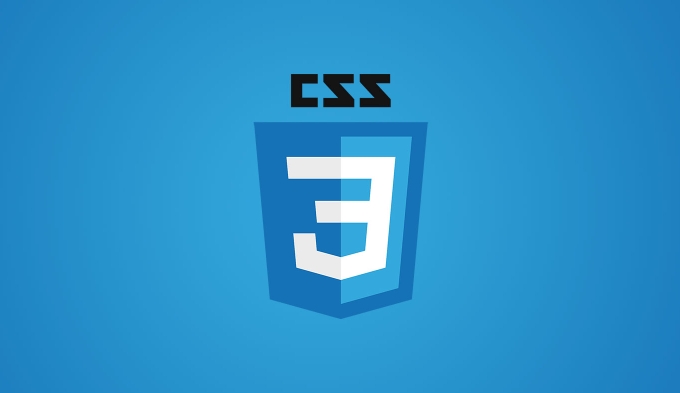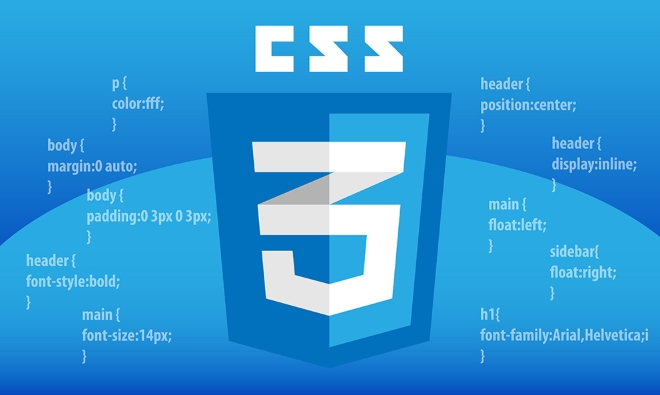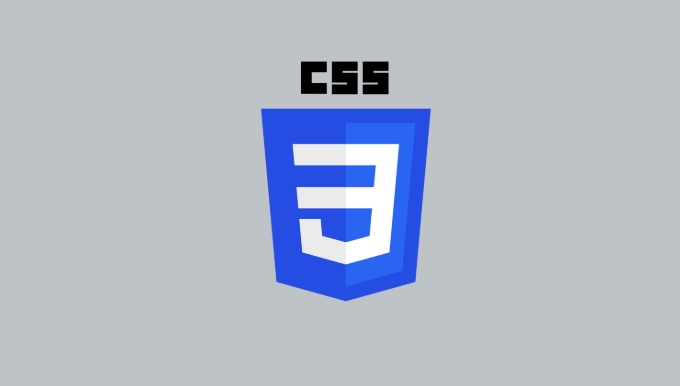When debugging CSS layout problems, you must first clarify the answers: common reasons include differences in default styles, inconsistent standard support, and different box model processing. There are four solutions: one uses developer tools to check element styles and box model; two uses CSS Reset or Normalize.css to unify the basic styles; three uses overflow, clear attributes or clearfix techniques to deal with floating collapse; four sets box-sizing: border-box unified box model calculation method. Mastering these tips quickly locate and fix browser compatibility issues.

Debugging CSS layout problems in different browsers is actually just a few common reasons: default style differences, inconsistent support for standards, different box model processing methods, etc. The key to solving these problems is to understand the behavior patterns of the browser and master some practical debugging techniques.

Check layout using browser developer tools
Almost all modern browsers come with developer tools (F12 or right-click "check"), which is the first step in troubleshooting layout problems. you can:

- Check the style of the element to confirm whether there is any expected inheritance or override.
- Modify CSS in real time to see the effect changes, and quickly try and make mistakes
- Check whether the box model is displayed as expected, such as whether margin/padding is superimposed or collapsed
Sometimes you think you wrote it right, but what the browser parses is another matter. Especially for complex layouts like flex or grid , you can see whether the relationship between the parent-son container is correct at a glance using DevTools.
Note the default style differences
Different browsers have different default style settings for HTML elements, such as margin, font size, etc. These subtle differences may be amplified under certain layouts, resulting in overall dislocation.

The recommended approach is to use a CSS Reset or Normalize.css:
* {
margin: 0;
padding: 0;
box-sizing: border-box;
}This will unify the basic style and reduce layout deviations caused by different default values. Of course, whether to reset all elements depends on the project situation.
Be careful when floating and clearing float
Although Flexbox and Grid are now very popular, there are still many old projects that use float layouts. float can easily cause problems such as height collapse of the parent container and misalignment of sibling elements.
There are several solutions:
- Add
overflow: hidden - Insert an empty div with
clear: bothafter the floating element - Use clearfix technique (pseudo-element clearance)
.clearfix::after {
content: "";
display: table;
clear: both;
}If you find that a block is normal in Chrome but falls off in Firefox, it is likely that the float is not cleared.
Processing box model compatibility issues
There are two ways to calculate the box model of CSS: content-box (default) and border-box . IE used border-box by default, while other browsers were content-box , which would cause the width and height of the same settings to behave differently under different browsers.
It is recommended to use uniformly:
* {
box-sizing: border-box;
}In this way, no matter whether padding or border is added, the width will not exceed the set value, avoiding many layout accidents.
Basically that's it. Although the differences in performance of CSS layouts under different browsers are a headache, as long as you master the debugging methods, unify the basic styles, and pay attention to the compatible writing methods of mainstream layout methods, most problems can be positioned and fixed faster.
The above is the detailed content of Debugging CSS layout issues in different browsers. For more information, please follow other related articles on the PHP Chinese website!

Hot AI Tools

Undress AI Tool
Undress images for free

Undresser.AI Undress
AI-powered app for creating realistic nude photos

AI Clothes Remover
Online AI tool for removing clothes from photos.

Clothoff.io
AI clothes remover

Video Face Swap
Swap faces in any video effortlessly with our completely free AI face swap tool!

Hot Article

Hot Tools

Notepad++7.3.1
Easy-to-use and free code editor

SublimeText3 Chinese version
Chinese version, very easy to use

Zend Studio 13.0.1
Powerful PHP integrated development environment

Dreamweaver CS6
Visual web development tools

SublimeText3 Mac version
God-level code editing software (SublimeText3)

Hot Topics
 How can I include CSS only on some pages?
Jun 11, 2025 am 12:01 AM
How can I include CSS only on some pages?
Jun 11, 2025 am 12:01 AM
There are three ways to selectively include CSS on a specific page: 1. Inline CSS, suitable for pages that are not frequently accessed or require unique styles; 2. Load external CSS files using JavaScript conditions, suitable for situations where flexibility is required; 3. Containment on the server side, suitable for scenarios using server-side languages. This approach can optimize website performance and maintainability, but requires balance of modularity and performance.
 Flexbox vs Grid: Understanding the Key Differences in CSS Layout
Jun 10, 2025 am 12:03 AM
Flexbox vs Grid: Understanding the Key Differences in CSS Layout
Jun 10, 2025 am 12:03 AM
Flexboxisidealforone-dimensionallayouts,whileGridsuitstwo-dimensional,complexlayouts.UseFlexboxforaligningitemsinasingleaxisandGridforprecisecontroloverrowsandcolumnsinintricatedesigns.
 Creating an Auto-Closing Notification With an HTML Popover
Jun 10, 2025 am 09:45 AM
Creating an Auto-Closing Notification With an HTML Popover
Jun 10, 2025 am 09:45 AM
The HTML popover attribute transforms elements into top-layer elements that can be opened and closed with a button or JavaScript. Popovers can be dismissed a number of ways, but there is no option to auto-close them. Preethi has a technique you can u
 What is 'render-blocking CSS'?
Jun 24, 2025 am 12:42 AM
What is 'render-blocking CSS'?
Jun 24, 2025 am 12:42 AM
CSS blocks page rendering because browsers view inline and external CSS as key resources by default, especially with imported stylesheets, header large amounts of inline CSS, and unoptimized media query styles. 1. Extract critical CSS and embed it into HTML; 2. Delay loading non-critical CSS through JavaScript; 3. Use media attributes to optimize loading such as print styles; 4. Compress and merge CSS to reduce requests. It is recommended to use tools to extract key CSS, combine rel="preload" asynchronous loading, and use media delayed loading reasonably to avoid excessive splitting and complex script control.
 How to use Lotties in Figma
Jun 14, 2025 am 10:17 AM
How to use Lotties in Figma
Jun 14, 2025 am 10:17 AM
In the following tutorial, I will show you how to create Lottie animations in Figma. We'll use two colorful designs to exmplify how you can animate in Figma, and then I'll show you how to go from Figma to Lottie animations. All you need is a free Fig
 Breaking Boundaries: Building a Tangram Puzzle With (S)CSS
Jun 13, 2025 am 11:33 AM
Breaking Boundaries: Building a Tangram Puzzle With (S)CSS
Jun 13, 2025 am 11:33 AM
We put it to the test and it turns out Sass can replace JavaScript, at least when it comes to low-level logic and puzzle behavior. With nothing but maps, mixins, functions, and a whole lot of math, we managed to bring our Tangram puzzle to life, no J
 External vs. Internal CSS: What's the Best Approach?
Jun 20, 2025 am 12:45 AM
External vs. Internal CSS: What's the Best Approach?
Jun 20, 2025 am 12:45 AM
ThebestapproachforCSSdependsontheproject'sspecificneeds.Forlargerprojects,externalCSSisbetterduetomaintainabilityandreusability;forsmallerprojectsorsingle-pageapplications,internalCSSmightbemoresuitable.It'scrucialtobalanceprojectsize,performanceneed
 Does my CSS must be on lower case?
Jun 19, 2025 am 12:29 AM
Does my CSS must be on lower case?
Jun 19, 2025 am 12:29 AM
No,CSSdoesnothavetobeinlowercase.However,usinglowercaseisrecommendedfor:1)Consistencyandreadability,2)Avoidingerrorsinrelatedtechnologies,3)Potentialperformancebenefits,and4)Improvedcollaborationwithinteams.






